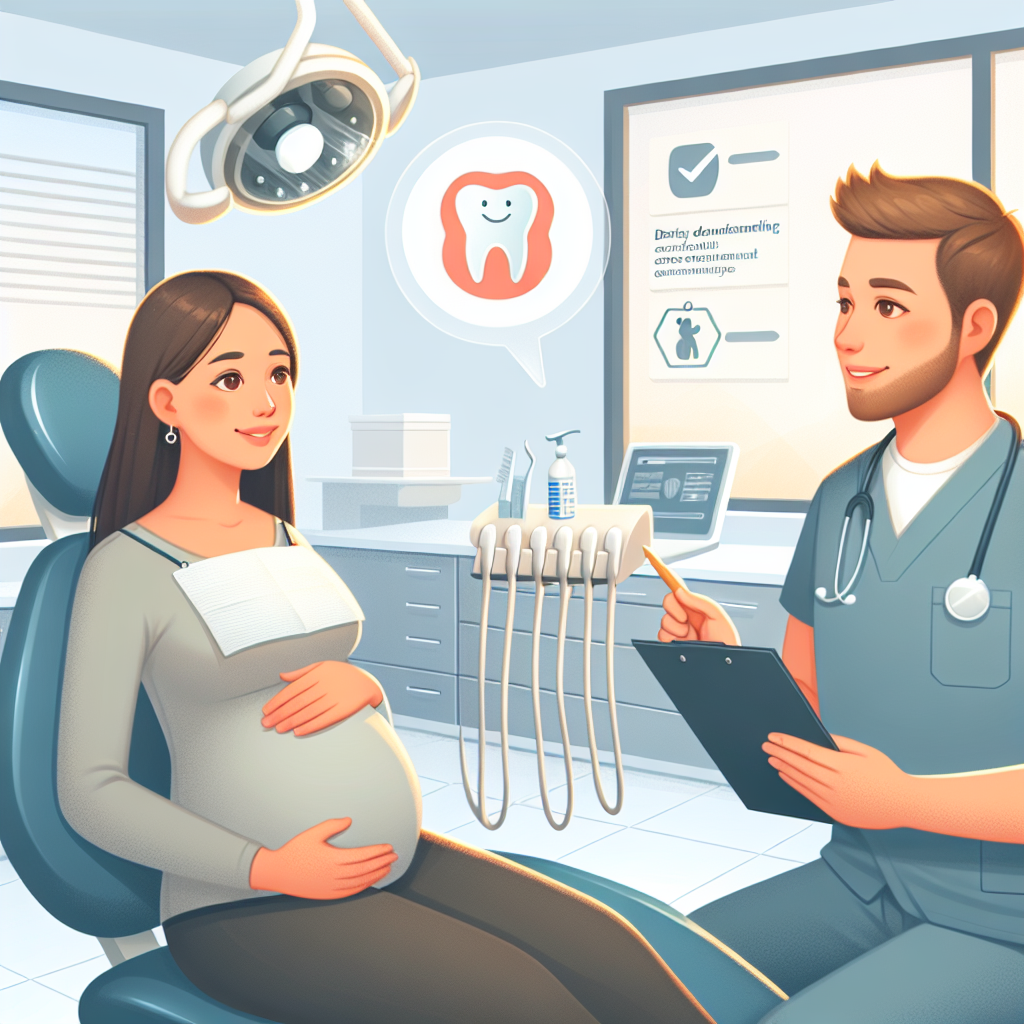Visiting the Dentist During Pregnancy: Tips and Precautions
Introduction
Pregnancy is a wonderful time in a woman's life, full of expectations and preparations for the birth of the new member of the family. In these times of change, health care becomes an absolute priority – and that includes dental health. Many expectant mothers wonder if it is safe to go to the dentist during pregnancy. This article will guide you through everything you need to know about dental visits during this special phase of life.
Why Dental Health is Important During Pregnancy
Hormonal Changes and Their Impact on the Gums
Pregnancy brings significant changes to a woman's body, including oral health. Increased hormone levels can make gums more susceptible to inflammation and bleeding, a condition called "pregnancy gingivitis." Therefore, it is crucial to maintain good oral hygiene and have regular dental check-ups even during pregnancy.
The risk of dental caries
Morning sickness and increased appetite for certain foods can increase the risk of tooth decay. Stomach acid that comes into contact with teeth during vomiting can erode enamel, leaving teeth vulnerable to decay. This is another reason why a visit to the dentist is important during pregnancy.
How to Plan a Visit to the Dentist During Pregnancy
When to Go to the Dentist
Ideally, you should visit the dentist as part of your prenatal care as early as possible in your pregnancy. Tell your dentist about your pregnancy, as well as any changes in medication or special advice received from your obstetrician.
Recommended and Avoidable Procedures
For major procedures such as tooth extractions or implants, it is best to consult with your dentist and obstetrician to establish a care plan. Some of these procedures can be postponed until after the birth to avoid any potential risk.
Tips for Minimizing Risks During Visits to the Dentist
Specific Precautions
It is important to choose a time of day when you do not suffer from nausea and to inform the dentist about all medications you are taking. It's also important to communicate any pregnancy-related concerns or symptoms you have.
Rational Use of Dental X-rays
Dental X-rays are generally avoided during pregnancy, especially in the first trimester. However, if there is a dental emergency, x-rays may be used with extra precautions, such as using a lead shield to protect the abdomen.
Advanced Oral Hygiene for Pregnant Women
Maintaining a strict oral hygiene routine is essential during pregnancy. This includes brushing your teeth twice a day, flossing, and rinsing with water or a dentist-recommended mouthwash.
Conclusion
Dental health is an important part of overall care during pregnancy. Therefore, it is essential to take proactive steps to ensure that both you and your baby have a healthy pregnancy. You don't have to avoid dental visits, but you do need to plan them wisely and communicate openly with all health care providers involved in your pregnancy care. A healthy pregnancy also includes a healthy mouth – so don't neglect this vital aspect of your and your baby's health.














































































































































